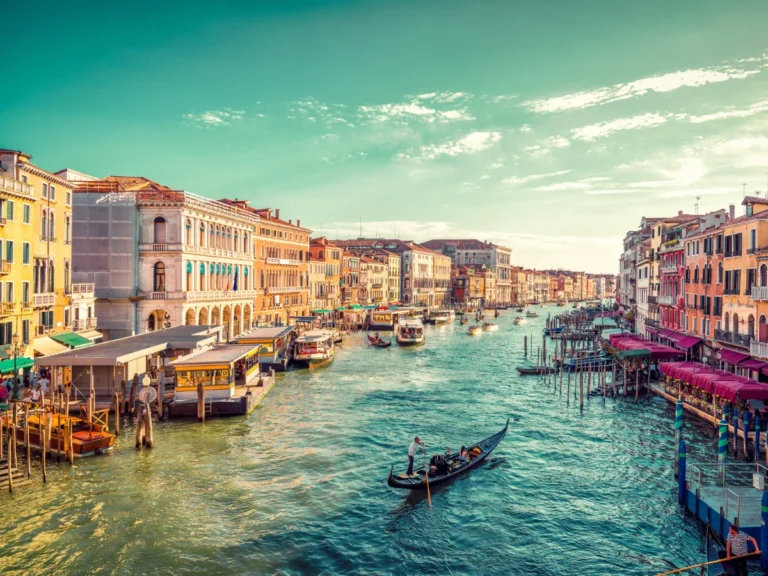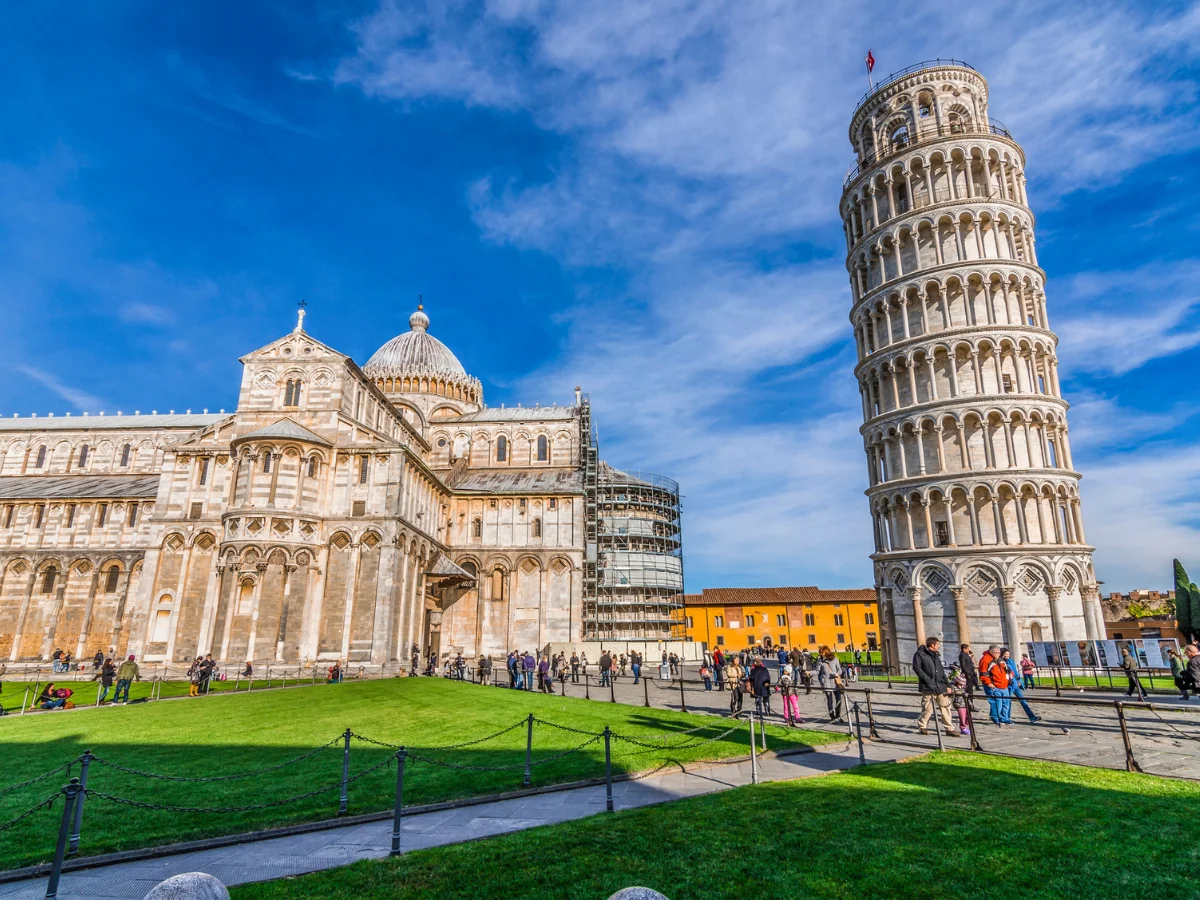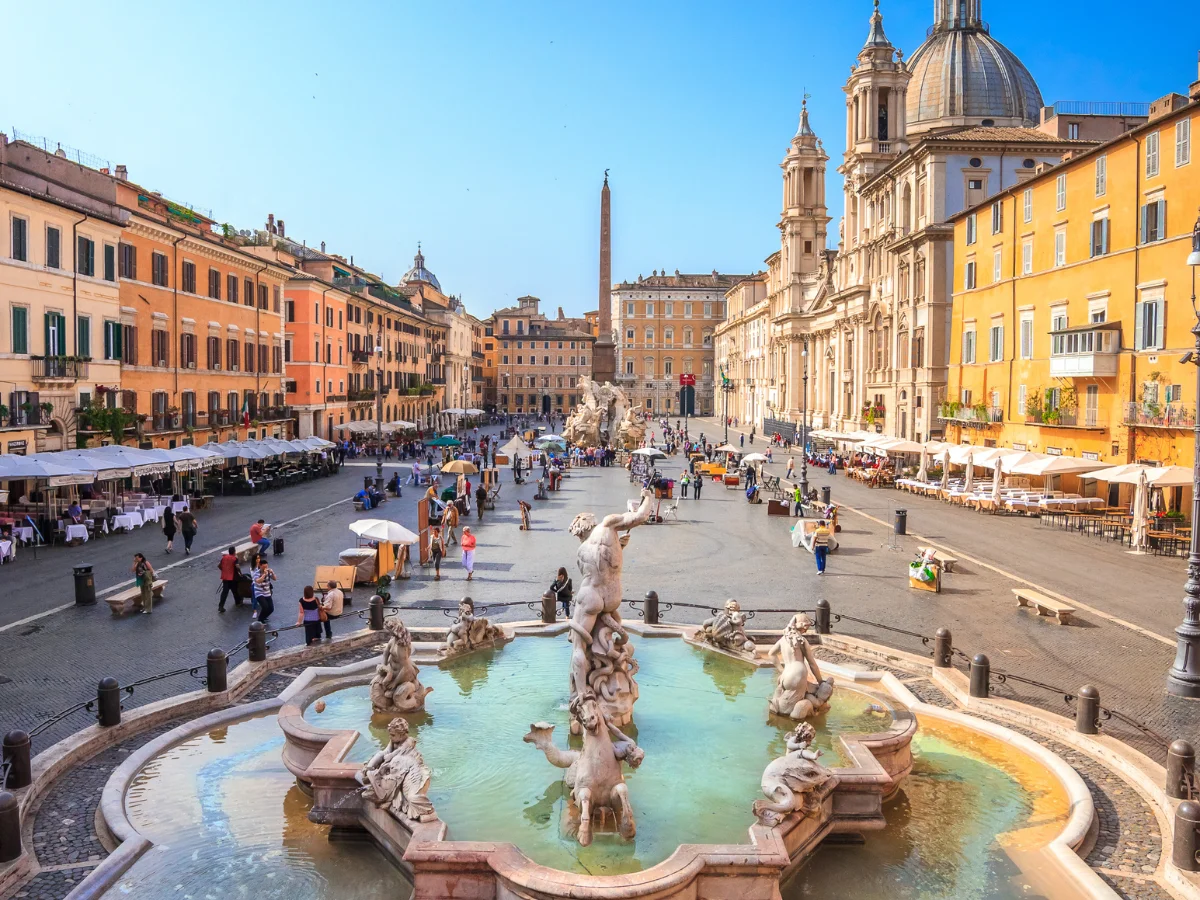Politics in Ancient Rome
Politics in ancient Rome was a vibrant arena where power struggles shaped history. The Senate wielded influence, advising magistrates and shaping legislation. Elected officials, like consuls and praetors, governed with executive authority. Citizens participated in elections amidst bribery and political tactics. The transition to empire centralized power under emperors, altering the political landscape. Rome’s political legacy echoes globally, influencing governmental structures for centuries.

Politics in ancient Rome
The Roman Senate was a central institution in the governance of the Roman Republic and later the Roman Empire, comprising influential politicians and statesmen.
Membership
Senators were typically drawn from the aristocratic class of Roman society, known as the patricians, but exceptional individuals from plebeian families could also gain entry.
Consul
The highest position in the Roman Republic was the consulship, held by two individuals annually. Consuls were responsible for leading military campaigns, presiding over the Senate, and administering justice.
Censor
Censors were responsible for conducting the census, supervising public morality, and maintaining the list of senators. They held significant influence over social and political matters.
Praetor
Praetors served as judges in civil and criminal cases, overseeing the administration of justice in Rome and its territories.
Aedile
Aediles were responsible for the maintenance of public buildings, regulation of public markets, and organization of festivals and games.
Quaestor
Quaestors managed the treasury, oversaw financial affairs, and served as aides to higher magistrates.
Tribune of the Plebs
Tribunes were elected representatives of the plebeian class, tasked with protecting the rights and interests of the common people. They had the power to veto legislation and intervene in political affairs.
Pontifex Maximus
The Pontifex Maximus was the highest priest in Roman religion, responsible for overseeing religious ceremonies, maintaining religious law, and interpreting omens.
Legacy
The Roman Senate and its various positions played a crucial role in the governance and administration of the Roman Republic and Empire. Its structure and functions influenced political systems throughout history.



